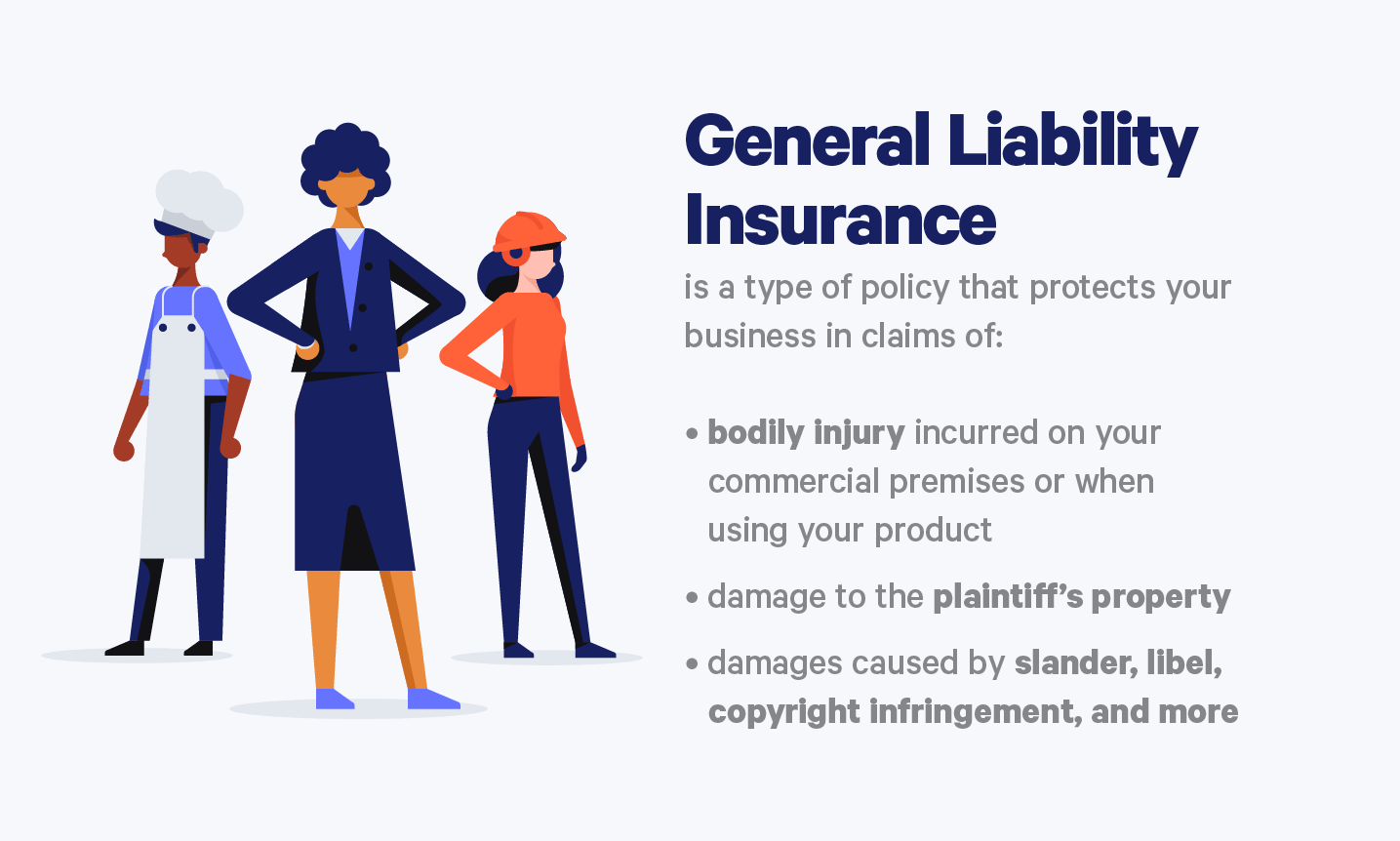Buzz Haven: Your Source for Trending Insights
Stay updated with the latest buzz in news, trends, and lifestyle.
Insurance Coverage: What Your Policy Isn't Telling You
Unlock the hidden truths of your insurance policy! Discover what your coverage isn’t telling you and avoid costly surprises!
5 Common Misunderstandings About Insurance Coverage
Insurance coverage is often misunderstood, leading to common misconceptions that can result in inadequate protection or unexpected out-of-pocket expenses. One prevalent misunderstanding is that all types of damage are covered under a standard homeowners policy. In reality, many policies exclude certain perils such as floods or earthquakes, requiring specific endorsements or additional policies to ensure full protection. Another common myth is that higher deductibles always lead to lower premiums. While this can be true, it also means that in the event of a claim, the policyholder may face significant out-of-pocket costs before coverage kicks in.
Additionally, many individuals believe that their health insurance fully covers all medical expenses, whereas most plans come with limitations on services, such as waiting periods for pre-existing conditions and caps on certain types of treatments. Another frequent misconception is that auto insurance covers vehicle damage during any situation, when in fact, coverage often varies based on the circumstances of the accident, and comprehensive coverage may be needed for non-collision incidents. Lastly, some people assume that once they purchase insurance, they never need to review it again, but regular policy reviews are essential to ensure the coverage meets changing needs and adapates to life events or market changes.

What Is Excluded in Your Insurance Policy? A Deep Dive
When reviewing your insurance policy, it's crucial to understand what is excluded from your coverage. Typically, exclusions can vary based on the type of insurance—be it health, auto, home, or life insurance. Common exclusions include pre-existing conditions in health insurance, damage caused by natural disasters in home insurance, and certain types of vehicle use in auto insurance. These exclusions mean that while you are paying for coverage, certain situations will not be compensated, which could lead to unexpected financial burdens.
Furthermore, it is important to recognize that some exclusions may seem obvious, while others can be less apparent. For instance, most policies will exclude intentional damage or criminal activities. Additionally, policies often limit coverage for wear and tear or mechanical breakdowns. To avoid unpleasant surprises, policyholders should always read their policies carefully and ask their insurance agent for clarification on any exclusions that are unclear.
Are You Underinsured? Questions to Ask Yourself Before It's Too Late
Understanding whether you are underinsured is crucial for safeguarding your financial future. Before it’s too late, consider asking yourself the following questions:
- Have your life circumstances changed recently? Major events such as marriage, having children, or purchasing a home can significantly impact your insurance needs.
- Are you aware of the current value of your assets? Regularly updating your home and auto insurance to reflect market changes is essential in avoiding being underinsured.
Additionally, assess whether your current policies adequately cover potential risks. Ask yourself:
- Do you have enough liability coverage to protect against lawsuits? Your assets can be at risk if you are involved in an incident requiring legal action.
- What coverage do you have for natural disasters or unforeseen events? Being underinsured could leave you with substantial out-of-pocket expenses.